| Structure | Name/CAS No. | Articles |
|---|---|---|
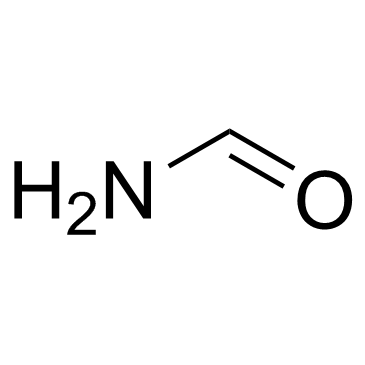 |
Formamide
CAS:75-12-7 |
|
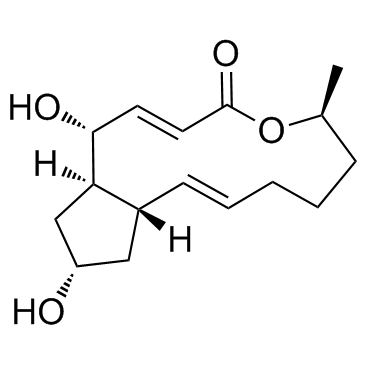 |
Brefeldin A
CAS:20350-15-6 |
|
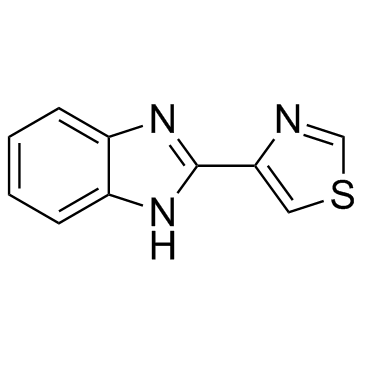 |
Thiabendazole
CAS:148-79-8 |
|
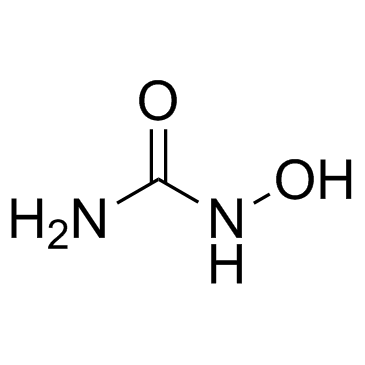 |
Hydroxyurea
CAS:127-07-1 |
|
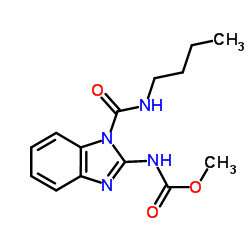 |
Benomyl
CAS:17804-35-2 |
|
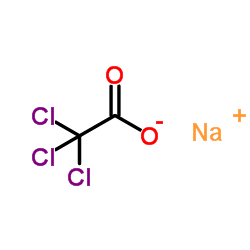 |
Sodium TCA
CAS:650-51-1 |